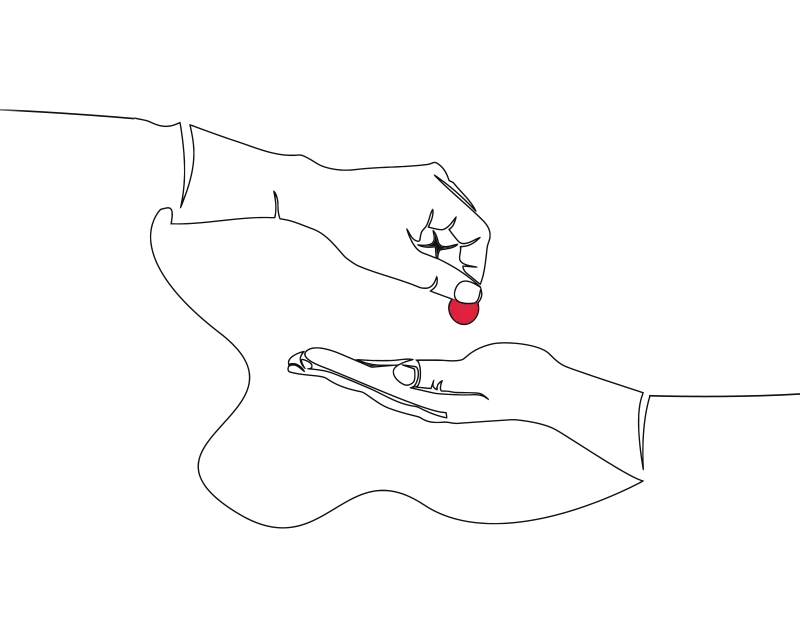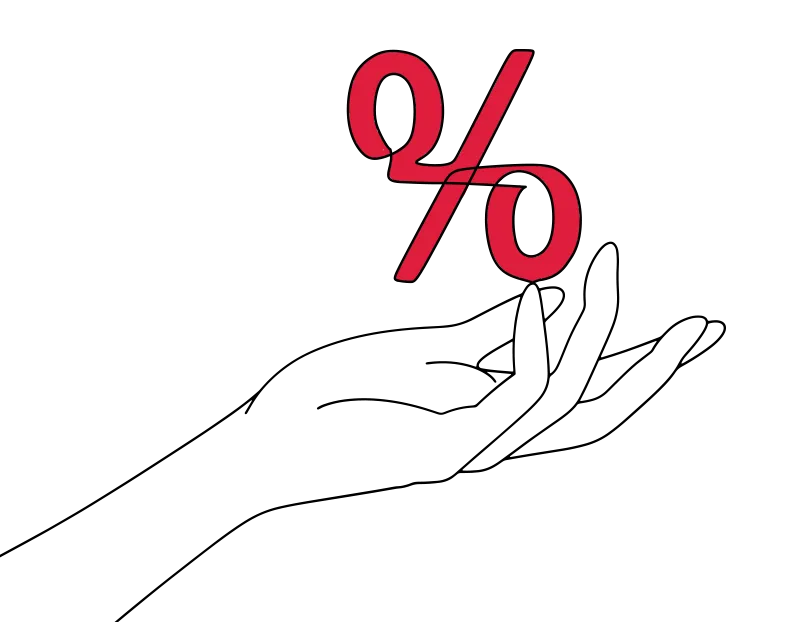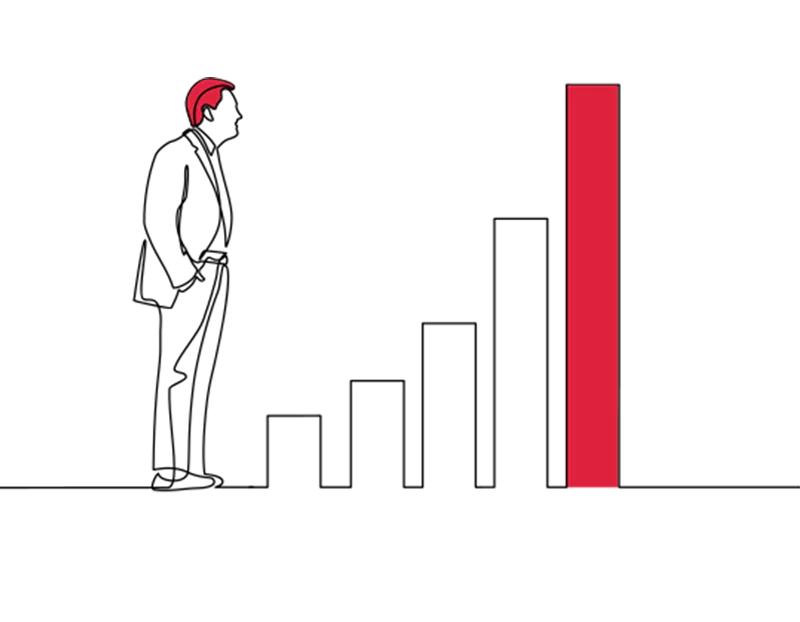The media is fond of reminding us that a destitute old age awaits those of us who haven’t saved for retirement. We are forever being urged to sort out our pension planning. But how many of us really know what a pension is?
Planning for Retirement
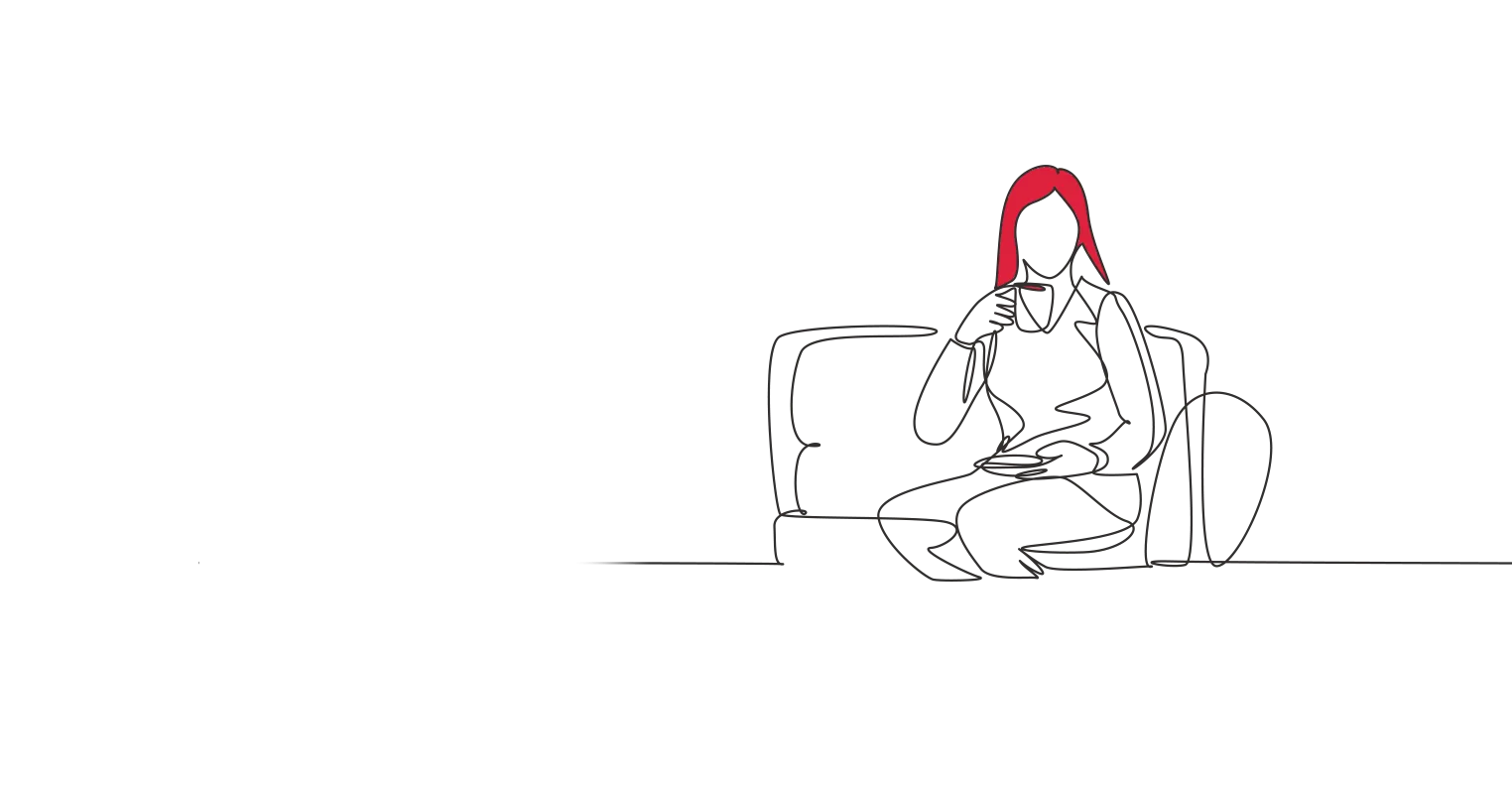
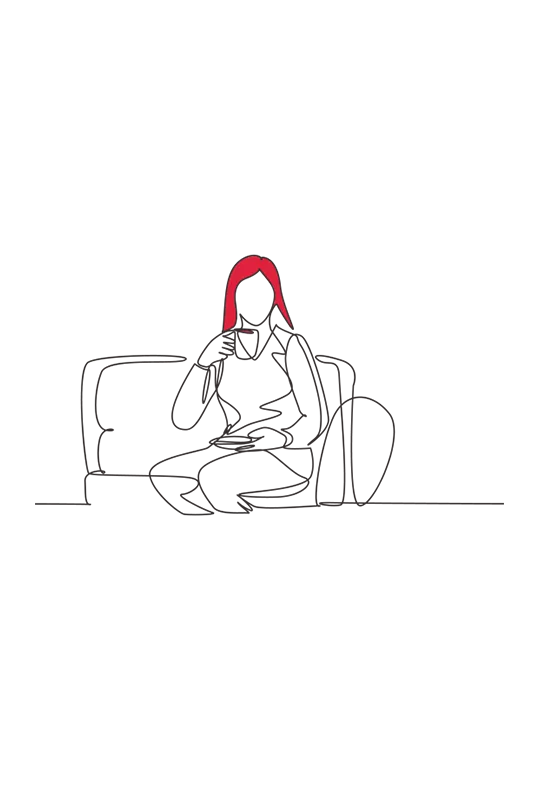
In essence, a pension is a long-term savings plan whose sole purpose is to provide you with a secure income in retirement. You pay in a little money each month throughout your working life and by the time you retire, this should have built into a tidy sum. That sum is then used to provide you with a lump sum and/or regular income (see retirement section) to help fund your retirement.
Do you need help with Planning for Retirement?
We have the expertise to give you the advice that you need to make smart choices for the future.
Get in touch and see what we can do for you.

Tax Relief
What does this mean? Well, if you pay the current basic rate of tax (20%), then if we ignore national insurance for a moment, for every £100 you earn, you take home just £80. However, if you put that £80 back into a pension, the government give you back the other £20 so you actually get the full £100 invested. If you are a higher rate taxpayer (paying 40% tax), subject to maximum limits, you get £100 invested for laying out only £60.
There are two basic types of pension. A ‘Personal Pension Plan’ is started by you as an individual and can be run by your choice of provider – a bank, an insurance company, pension provider or other specialist firm. This will usually be funded solely by you, and the investment strategy is under your control throughout your life.
The second is an ‘Occupational Scheme’ and is organised by your employer. Here, the initial control at least rests with your employer – and in the case of defined benefit schemes, so does the investment strategy. However, they will also normally make some (or maybe even all) of the contributions for you. The benefits however, always remain with you, even if you leave that job.
A board of trustees run the assets for you, separate from any company, and this board is legally bound to appoint advisers, take any investment decisions which have not been otherwise delegated to yourself and also keep both the financial and member records up to date on your behalf.
How much should I be funding?
Making small changes now can make a big difference to your income in retirement. We can help you plan ahead, to identify what pension income you would ideally like to receive in retirement, reviewing any existing planning you have in place and putting in place a plan of action to meet any shortfalls. Remember the earlier you start the better, but don’t assume you have left it too late.
Retirement
When you reach retirement age you will have some important choices to make – the first being when that retirement age will be. The minimum age is now 55 (57 from April 2028). Following recent announcements, the statutory retirement age for both men and women will be aligned and also increased to 67 by 2028.
You now have a lot more flexibility and choice than ever before, putting you in control of your retirement.
In his 2014 Budget, the Chancellor announced a series of changes that will have a significant impact on the decisions you face at retirement. These changes will provide you with more flexibility and choice than ever before, putting you in control of your retirement.
Put simply anyone aged 55 or over can take as much of their defined contribution pension savings as they like – when they like. This is good news. It means you and your adviser can design a retirement plan that’s right for you and right for your family.
Income choices
Under the new retirement legislation, the main options you should consider are:
- Take your entire pension pot as cash
You will be able to take your pension savings as cash irrespective of how much you’ve saved. Don’t forget that, apart from your tax-free cash, any money you take will be taxed as income. Taking all of your pot at once could result in you paying higher rates of tax than if you withdrew it over a number of years.
- Use drawdown
Drawdown means you can keep your pension savings invested and draw an income and/or lump sums from your fund.
Disclaimers:
The information given in this document is for information only and does not constitute investment, legal, accounting or tax advice, or representation that any investment or service is suitable or appropriate to your individual circumstances. You should seek professional advice before making any investment decision. The value of investments, and the income from them, can fall as well as rise. An investor may not get back the amount of money invested.
Past performance is not a guide to future performance. The facts and opinions expressed are those of the author of the document as of the date of writing and are liable to change without notice. We do not make any representation as to the accuracy or completeness of the material and do not accept liability for any loss arising from the use hereof. We are under no obligation to ensure that updates to the document are brought to the attention of any recipient of this material.
Oury Clark is authorised and regulated by the Financial Conduct Authority.
Related Quick Guides
Let us Introduce Ourselves
To find your nearest office or get in touch with one of our specialist advisors to see how we can help your business, please go to our contact page.
